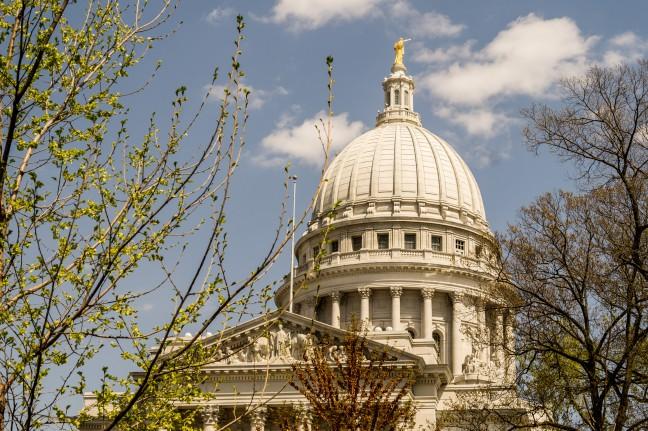In my column last week, I briefly mentioned Tuesday’s gubernatorial election in Virginia. The effects of this particular race and cycle are profound — the incoming governor will preside over the congressional redistricting process, one that may determine whether the state will continue to severely gerrymander its congressional makeup. Virginia’s next governor can also either push the Legislature to expand Medicaid to about half a million residents, or give up the fight entirely.
Voters in Virginia have another, far more political choice to make: whether to reward Ed Gillespie for an increasingly Trumpian campaign. Gillespie, the former RNC chairman and once the epitome of the milquetoast GOP establishment, is running for governor on the ugliest of advertisements. His ads tie his opponent, Lieutenant Governor Ralph Northam, to MS-13, the El Salvadoran gang, and promote Gillespie’s support for Confederate statues in the public square.
Recent mailers have also cynically attempted to paint Northam as the second coming of Colin Kaepernick, minus the football career. To the Gillespie campaign, Northam wishes to blanket the Commonwealth of Virginia with gangs, armed sex offenders and “sanctuary cities,” towns that promise not to enforce federal immigration laws in order to foster a better sense of community safety.
Northam, facing the onslaught of these vicious ads, made an admittedly terrible policy pronouncement: when pressed, he promised to ban sanctuary cities should one ever emerge in the state. Democracy for America, a prominent activist group within the progressive movement, disavowed Northam’s campaign entirely, calling it racist and withdrawing its aid.
How shortsighted of DFA, and how astonishingly self-destructive.
The correct thing to do would have been to continue campaigning for Northam, recognizing the impact of this election, and then push him hard on immigration once elected. That’s the strategy echoed in the famous story about President Franklin Delano Roosevelt and a prominent union leader. When pressed with a list of demands, Roosevelt allegedly replied, “You’ve convinced me, now go out and make me do it.” Policy-based activism matters after the electoral cycle finishes, but perhaps DFA has forgotten that.
Moreover, if this is how the progressive movement wishes to act, throwing a temper tantrum if candidates do not adhere to a purity test, then there is plenty to fear about the Democratic Party’s future. Last week’s column was devoted to why Republican populism is poisonous for the country. This week’s column is a plea to Democrats: please do not eat our own.
Dozens of governorships are up for election in 2018, including in Wisconsin. Most of these terms will encompass the 2020 Census and presidential election. Whoever sits at the head of various state governments, from Springfield to Tallahassee to Madison, will have an impact on crafting state-level policies regarding healthcare, jobs and education — and providing a base of support for the eventual Democratic candidate for president. For left-leaning activists, getting electable candidates into office should be the first priority.
If progressive organizations fail to mobilize voters, and fail to accept that elections are a balancing act between the ideological base and the median voter, then say hello to Governor Walker’s third term, the congressional districts he’ll help craft and a permanent Republican majority in the House.
The story of the Gillespie campaign in 2017 may very well be the story of Scott Walker in 2018. Democracy for America, and the rest of the progressive movement, should be wary.
Zach Urisman (zubadgerherald@gmail.com) is a senior majoring in finance.


